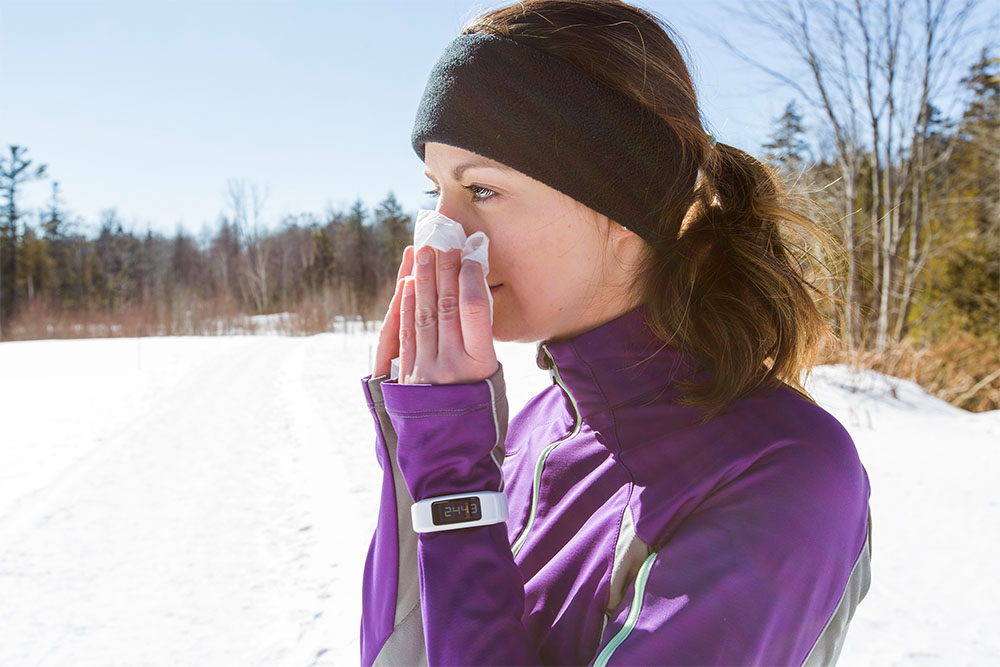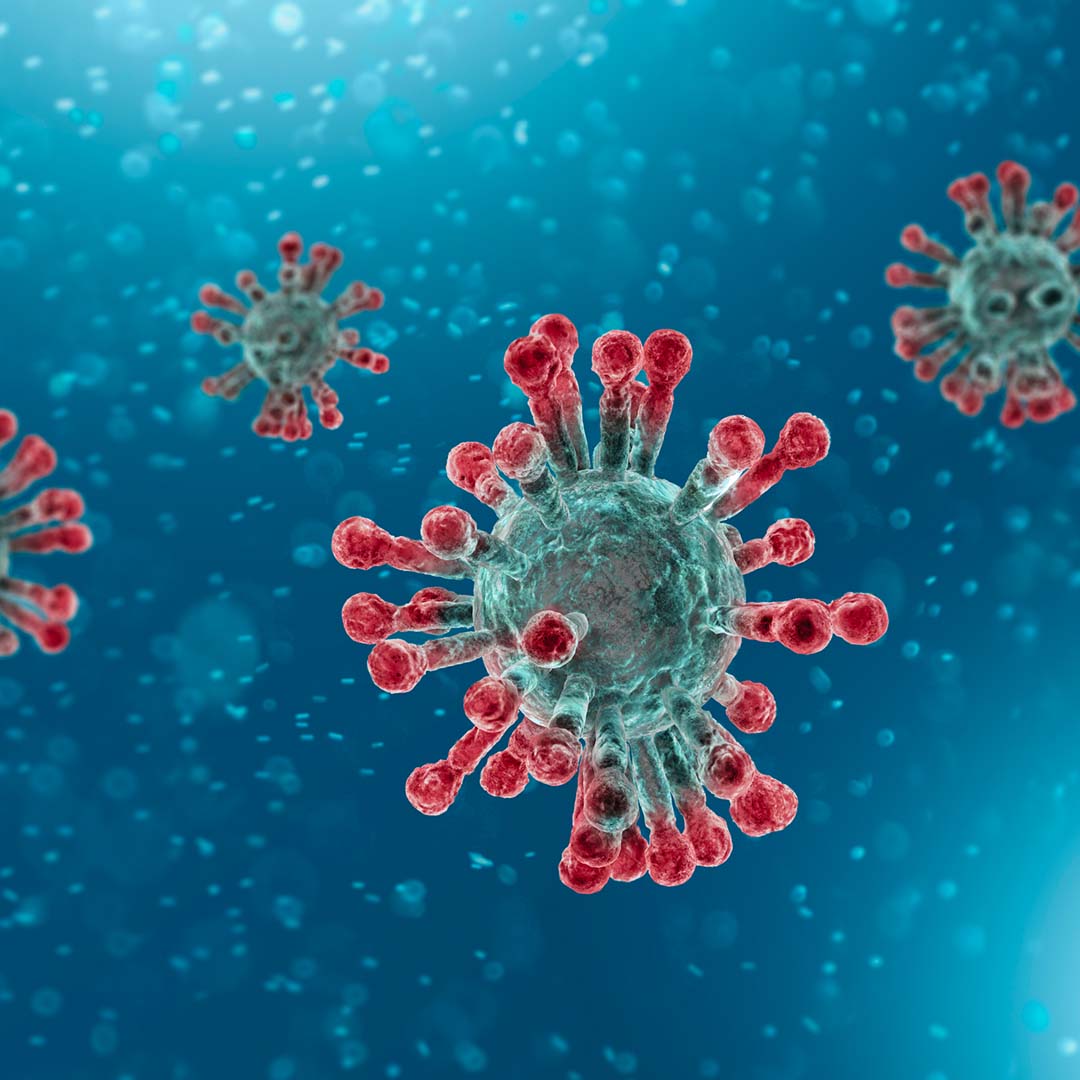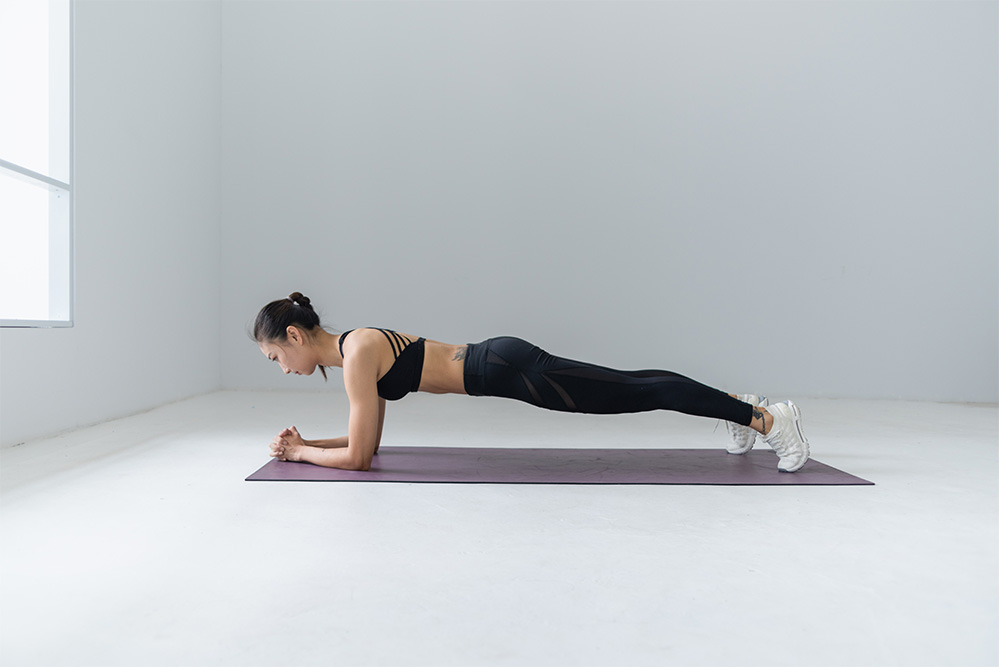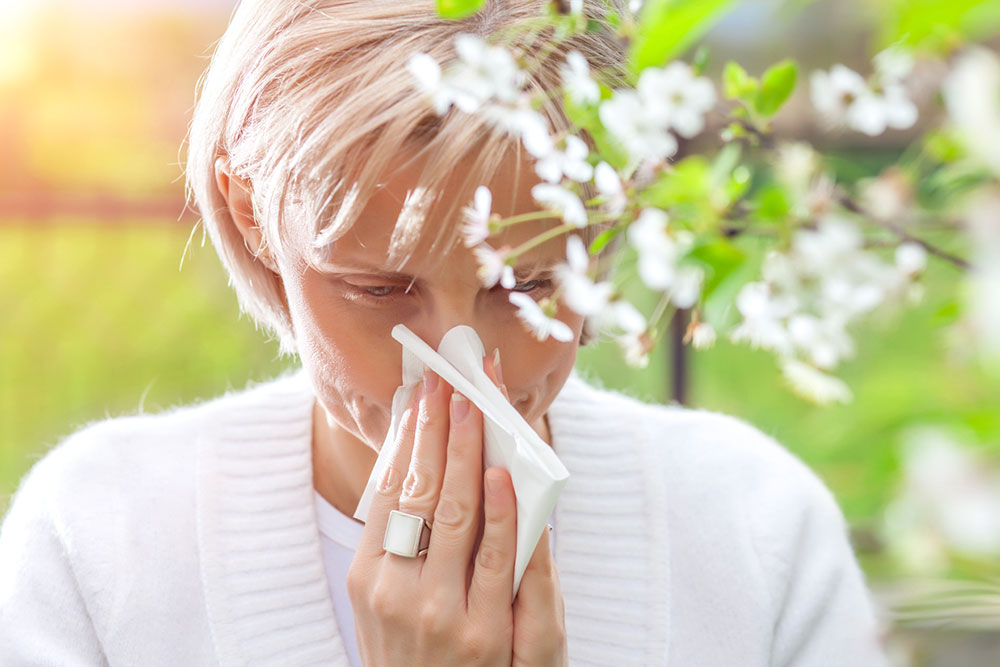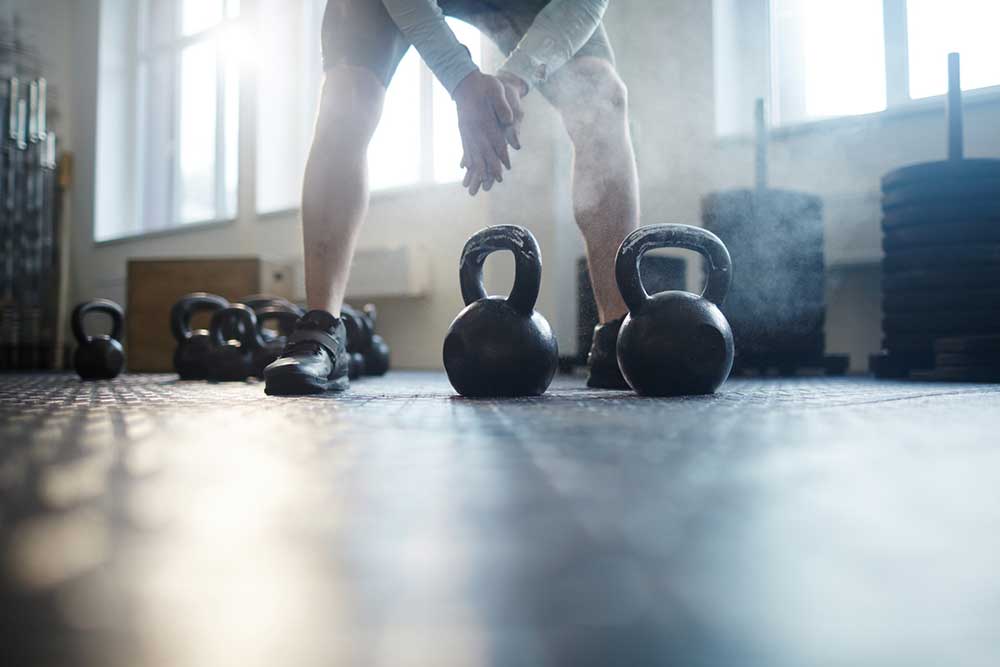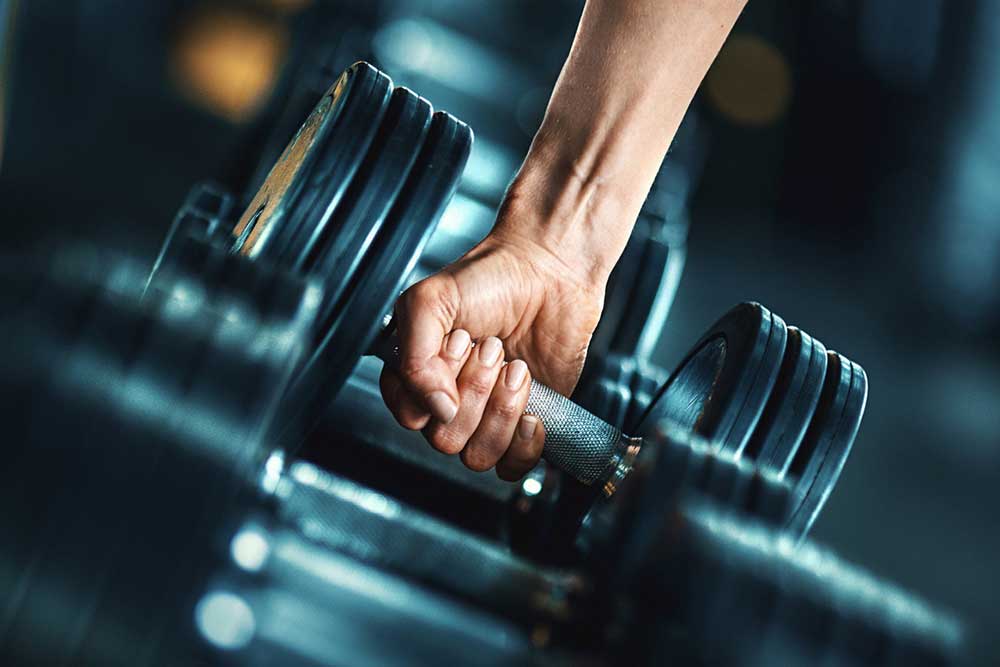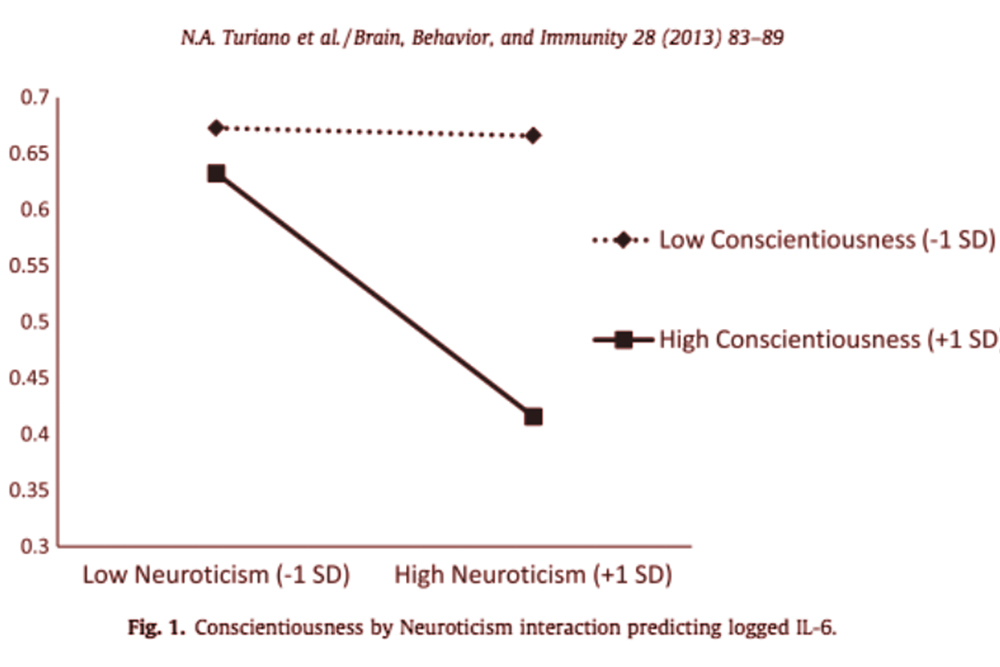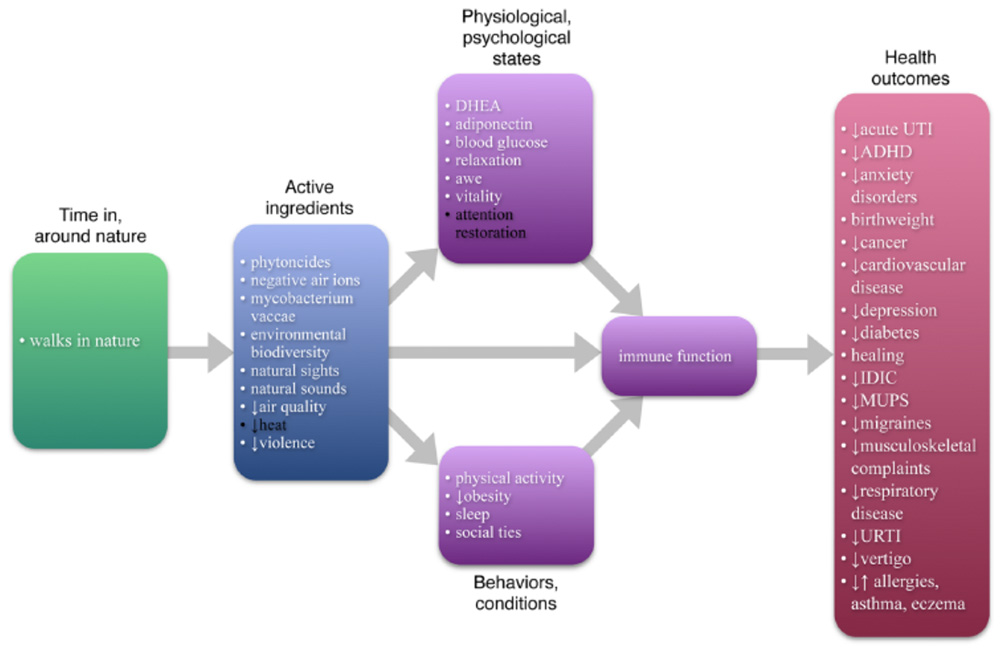3 Vitamins to Boost Your Immune System Now

Given the impact that coronavirus is having on our society, I thought it would be a great time to provide some useful information that can have a positive effect on your immune system.
And no, I am not talking about some magic ointment or amazing new supplement.
I am talking about vitamins.
Do vitamins improve immune system function?
Do vitamins boost your immune system?
Well, yes – but not in the way that you might think.
If I were to summarize it simply, every single cell in your body needs certain vitamins and minerals to perform their jobs effectivity. If you happen to be deficient in any of these important nutrients, then their ability to function becomes impaired.
In some scenarios this can lead to a disruption in your mental and physical health. It can also lead to poor cognitive and physical function.
Importantly, it can also impact your immune health.
Like every other cell in your body, the cells of your immune system need vitamins to run effectively. And again, if you are lacking in any of these, then your immunity suffers.
So very simply, by taking those vitamins that aid in immune cell function, you can guarantee that your immune system is in tip top shape – and this is how they boost your immune system.
But what vitamins are most important?
Importance of Vitamin C
When it comes to immune system function, Vitamin C should be your first point of call (Carr, 2017).
Vitamin C supports important cellular function in every aspect of your immune system. Additionally, it also aids in skin cell function with helps fight against pathogens, and even acts as an antioxidant within your body.
Hell, supplementing with vitamin C has even been shown to stave off cold and flu.
Importance of Vitamin D
Next off we have vitamin D (Aranow, 2011).
Vitamin D helps maintain the function of numerous immune cells (including your super important B cells and T cells). It also helps modulate your body’s innate and adaptive immune responses to invading virus and pathogens.
As a result, a vitamin D deficiency in has been shown to lead to reduced immune system function in conjunction with an increased susceptibility to infection – which is far from ideal.
Importance of zinc
Lastly, we have zinc (Rinc, 2009).
Zinc is required for both the development and function of practically every immune cell in your body. As a result, insufficient zinc alters normal immune cell function, which can increase your risk of as infections, allergies, autoimmune diseases, and even cancers.
As such, it should be considered essential.
Related Article: Athletes May Be Suffering From Vitamin D Deficiency
Will these vitamins help prevent flu, cold, coronavirus?
Now we know that these compounds are integral to the health of your immune system – but do vitamins prevent sickness?
Or maybe more importantly, do vitamins prevent coronavirus?
The supplementation of each of these compounds in isolation have been shown to help prevent cold and flu. In short, taking them daily appears to reduce your likely of getting sick significantly (Gorton, 1999; Rao, 2011; Schwalfenberg, 2015; Ran, 2018).
But what about the coronavirus?
Because the coronavirus is so new, we currently don’t have any real data to support their ability to aid in its prevention. However, because of the impact they do have on immune system function, it appears likely that they may have a preventive effect.
And in my mind, even if they only have a small impact, then they are worth it.
Will these vitamins help you recover if you’re already sick?
There is also quite a bit of evidence to suggest that taking these same vitamins after you have gotten sick can speed up the recovery process.
With this in mind, if you are starting to feel a bit of an illness coming on, there is nothing stopping you stocking up on these important vitamins and increasing your intake.
It could have you back on your feet much quicker than you would be otherwise.
How much should I take?
You know that these nutrients are important – but what is the recommended dosage?
Well, you should aim to take this much daily:
- Vitamin C: 90mg for men, or 75mg for women
- Vitamin D: 2000 IU for men and women
- Zinc: 11mg for men, and 8mg for women
It is also important to note that some of these recommendations sit slightly above those made by many dietary authorities. This is because those indicate the minimum dosage required to achieve normal function – and we want better than normal function.
Related Article; How Exercise Could Prevent Coronavirus
Can too much of a good thing be a bad thing?
While these vitamins are great in the recommended dosages, if you consume too much you can come across some issues.
- Vitamin C: Consuming more than 2000mg per day can lead to nausea and diarrhoea, and may even cause kidney stones
- Vitamin D: Evidence has shown that mega doses of up to 10,000 IU of vitamin D are well tolerated by humans as it is not particularly toxic. However, to err on the side of caution, you should not consume more than 5000 IU on a daily basis and for a prolonged period of time
- Zinc: Consuming more than 40mg per day can cause nausea, vomiting, stomach pain, flu like symptoms, changes in cholesterol levels, and diarrhea.
So yes, too much of a good thing is not always a good thing.
What about general nutrition?
While we are on the topic on vitamins, it would be negligent not to talk about the more general aspects of diet.
It should come as no surprise that what you eat daily can have an immediate impact on your immune system function. If you eat a heap of junk foods that contain very few nutrients, then your immune system will suffer.
Conversely, if you eat a nutrient dense diet full of whole foods, then your immune system will function well. When eating for immune system health, you want to make sure that your diet is built around the following foods:
- Whole grains
- Red meat, poultry, and seafood
- Eggs
- Fruits and vegetables
- Dairy
- Nuts and seeds
Concurrently, you want to limit your consumption of the following:
- Highly processed carbohydrates (breads, cereals, and sweets)
- Deep fried foods
- Soft drink and fruit juice
- Alcohol
If you stick to these general guidelines 90% of the time, then you will be in great shape.
Take Home Message
When it comes to keeping your immune system in tip top shape, the importance of diet cannot be understated.
A core component of this is making sure you have adequate vitamins and minerals available in your body. This will ensure that your immune cells can perform their roles efficiently, preventing disease and illness in the process.
And the three vitamins listed in this article are a great place to start – as is paying attention to your entire diet, of course.
References
Carr, Anitra C., and Silvia Maggini. “Vitamin C and immune function.” Nutrients 9.11 (2017): 1211.
Aranow, Cynthia. “Vitamin D and the immune system.” Journal of investigative medicine 59.6 (2011): 881-886.
Rink, Lothar. “Zinc and the immune system.” Proceedings of the Nutrition Society 59.4 (2000): 541-552.
Gorton, H. Clay, and Kelly Jarvis. “The effectiveness of vitamin C in preventing and relieving the symptoms of virus-induced respiratory infections.” Journal of manipulative and physiological therapeutics 22.8 (1999): 530-533.
Rao, Goutham, and Kate Rowland. “Zinc for the common cold—not if, but when.” The Journal of family practice 60.11 (2011): 669.
Schwalfenberg, Gerry. “Vitamin D for influenza.” Canadian Family Physician 61.6 (2015): 507-507.
Ran, Li, et al. “Extra dose of vitamin C based on a daily supplementation shortens the common cold: A meta-analysis of 9 randomized controlled trials.” BioMed research international 2018 (2018).
You Might Like:




